More political turbulence hits distracted PM Anthony Albanese
A confluence of adverse events has led to a fall in support for Labor and the PM, as the Coalition and Greens flex their muscle.
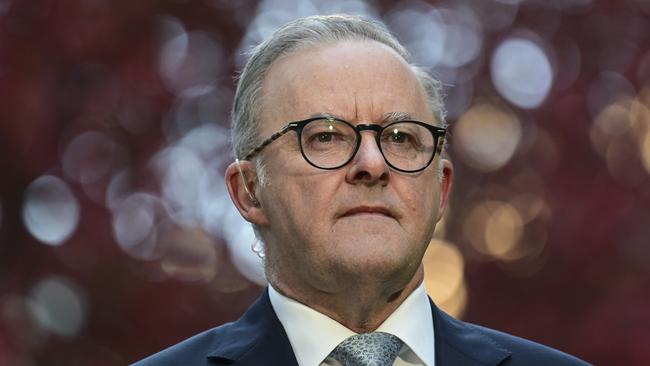
There are too many signs of Labor misreading the public mood; distractions from voters’ prime concerns; an absence of the promised transparency in decision-making; cabinet members not being aware of what their colleagues are doing; a lack of attention to detail; aggression instead of negotiation on key legislation; a rising competition between the ALP and the Greens; and a policy blockade in the Senate.
All of this is leading to a fall in support for Labor and the Prime Minister. The conflation of negative issues such as the decision to block the Qatar Airways bid for more flights into Australia and Qantas’s crash in goodwill, a boost to Peter Dutton’s political tactics and the failing campaign on the Indigenous voice to parliament are bleeding into Labor’s own fortunes.
Significantly, the referendum for a voice to parliament and executive government on October 14 will mark the midpoint of Labor’s first term and decide the fate of Albanese’s biggest venture.
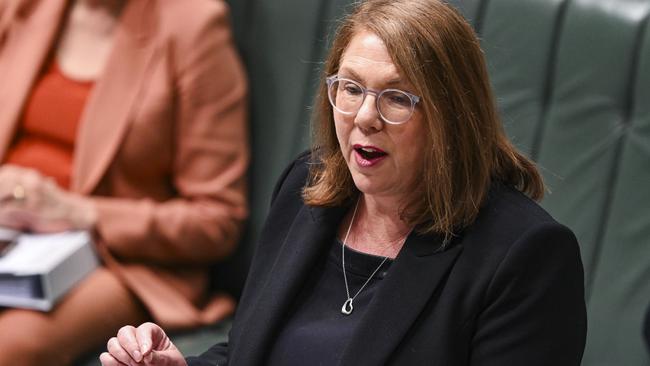
Normally the halfway mark in the electoral cycle is a time for political reappraisal and bedding down the government’s election promises and policy agenda for at least six months of consolidation before the run into the last year before the next election.
The speed with which the electoral cycle turns into a pre-election mode is frightening for anyone wanting to implement long-term policies and a tragic condemnation of the brevity of Australia’s federal election terms.
But the reality is that at this point the Prime Minister and the governing party must start to assess their strategic position, their achievements, the promises kept and their connection with the electorate ahead of what could be an election year.
Given Labor was elected on the lowest primary vote for a century and it has a majority of only two seats, thanks to a historic win at the Aston by-election, there will have to be some hard-nosed judgments made with the knowledge that first-term governments rarely improve on their successful election result. Labor’s need for decisive action and a revived strategy is not just about polling but goes to a completely different economic and political environment, made even more complicated by the voice referendum.
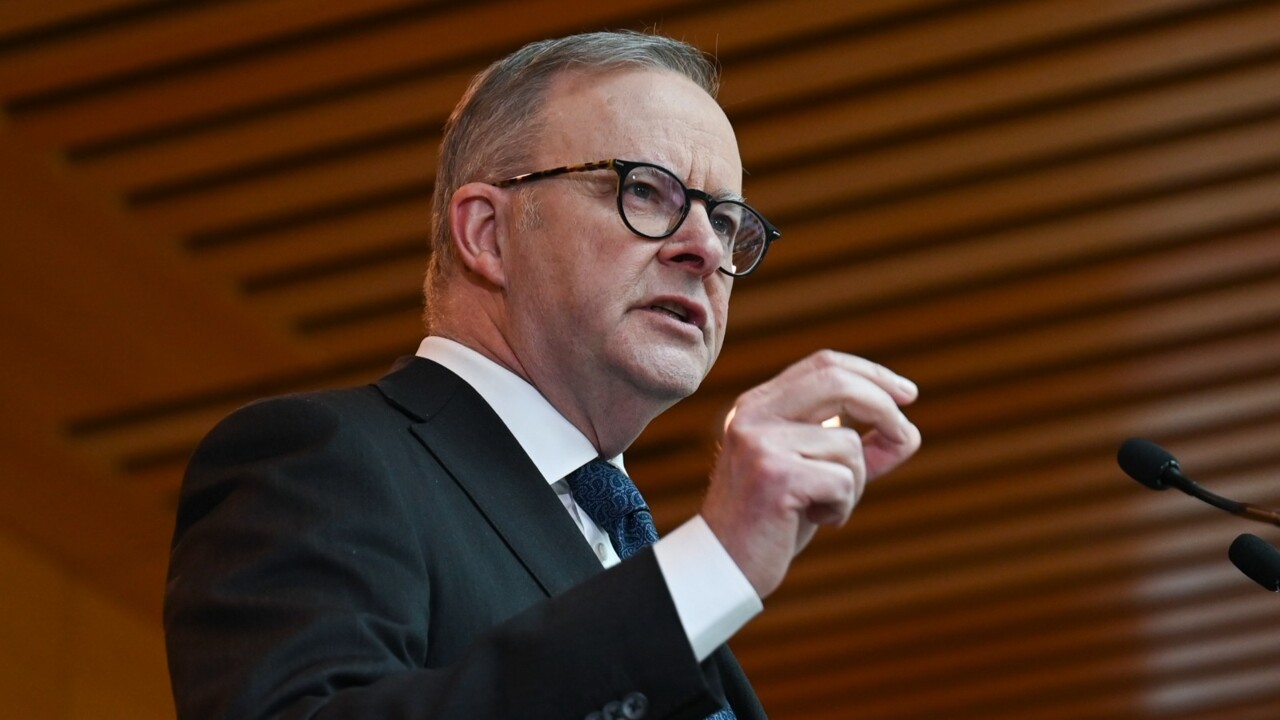
In the first week of the two-week parliamentary spring sitting, Yes campaigners for the Indigenous voice conceded they had to appeal to “soft No” voters to win; a Qatar-Qantas quagmire dragged down Transport Minister Catherine King and due process; Jim Chalmers said the economy “would slow considerably over the next year”; and business erupted over the second round of industrial relations changes.
For the first time since the election in May last year, Monday’s Newspoll survey showed Albanese’s net satisfaction rating with voters had fallen into negative territory (minus 1) and the Coalition had a higher primary vote than Labor (37 to 35).
There is little doubt voter satisfaction with Albanese fell as he became inextricably entwined with the rapid fall from grace of Qantas and departed chief executive Alan Joyce because of customer anger and potentially huge fines for selling already cancelled tickets, after such close co-operation on the Yes campaign for the voice.
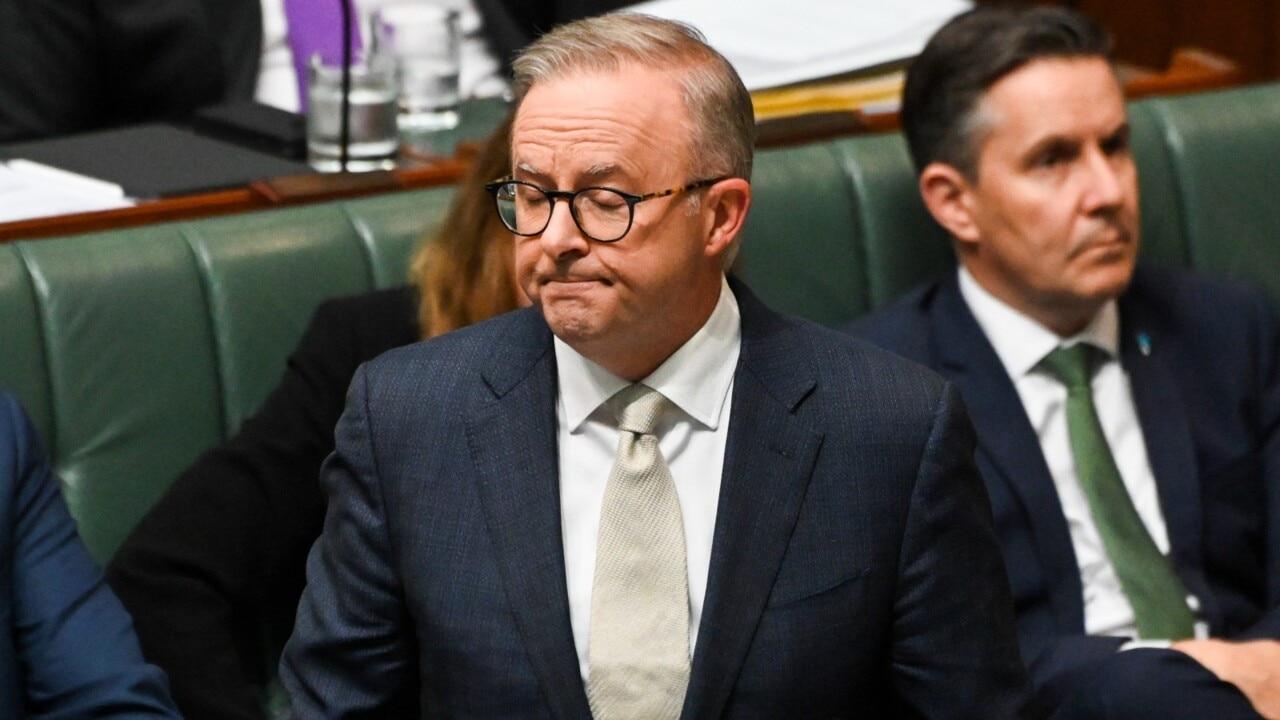
The Qantas quagmire also served to highlight the confused, error-ridden and contradictory statements about the government’s decision to block Qatar Airways’ bid for more flights into Australia, which built in the impression that the government was not being transparent, Albanese was not across the detail of decisions and his ministers were not talking to him or each other.
Albanese himself had to admit he had made a mistake about the Qatar decision, and left King in the parliamentary firing line while he was on an official overseas trip to Indonesia and India.
That gave the Opposition Leader the opportunity to get on the front foot politically, accusing the government of pursuing a “sweetheart deal” with Qantas – now a toxic corporation – and hiding “murky” and “smelly” decisions.
Dutton told parliament King had “failed to give any clear or consistent explanation for this decision, has offered up nine different explanations and has shown she has a selective memory, being somehow unable to recall any details of discussing the matter with Qantas, the principal financial beneficiary of her decision”.
He condemned “the Albanese government for decreasing competition in the aviation market and increasing its travel prices for Australian families” – a triple whammy of the tainted Qantas, its relationship with the government and cost of living.
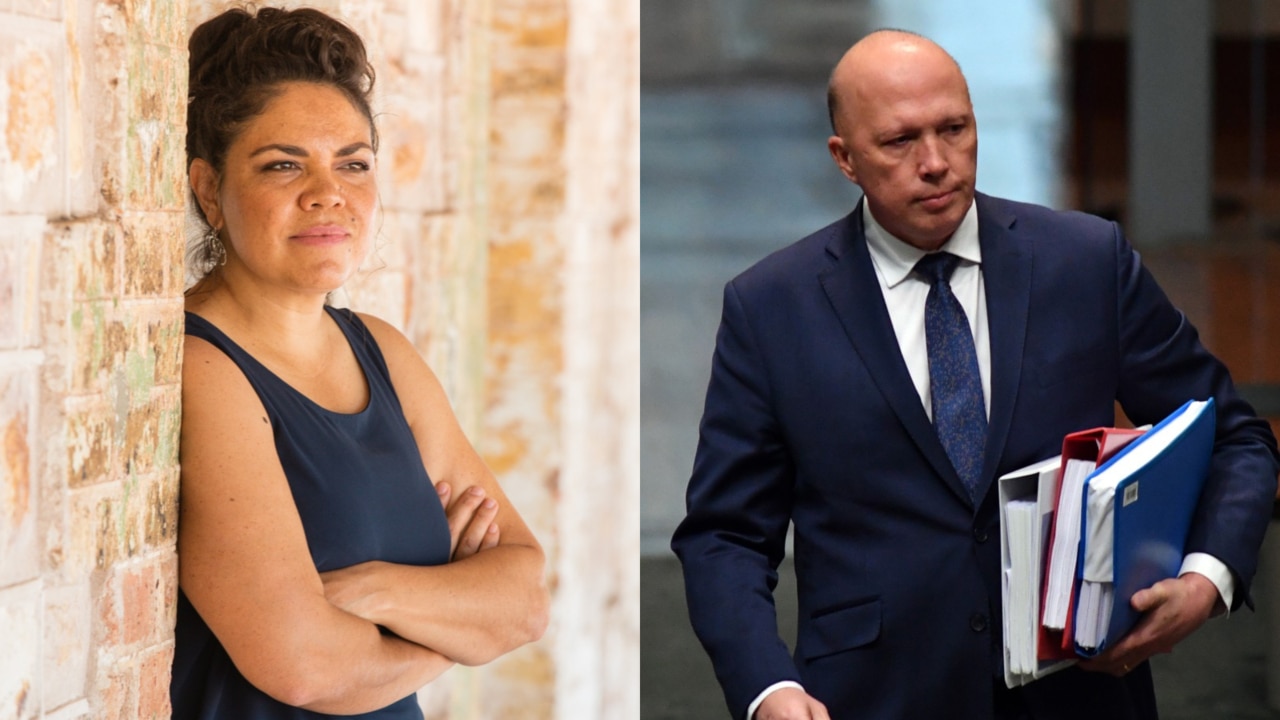
The Newspoll “firsts” for the Labor government coincided with the first time the No vote for the referendum for the voice went into a majority of 53 per cent to the Yes vote’s 38 per cent.
The danger for Labor is that a leader’s satisfaction rating can be a significant indicator, although not the most important polling figure, and the decline in support for the voice is undermining the political standing of the Prime Minister and the government.
There is solace for Labor in the continuing clear two-party preferred lead Labor has over the Coalition in Newspoll – 53 to 47 – but there is a warning here, too, because that 2PP lead is a result of support from the Greens. In the last Newspoll the Greens’ primary vote went up to 13 per cent – higher than it was at the election last year.
The danger for Labor is, while on paper Greens support gives it a strong 2PP lead, it also points to increasing support for the Greens as Adam Bandt leads his party in a campaign to win yet more seats from Labor – perhaps Richmond and Macarthur in NSW – and achieve a balance of power in the Senate and the House of Representatives if Labor falls to a minority government.
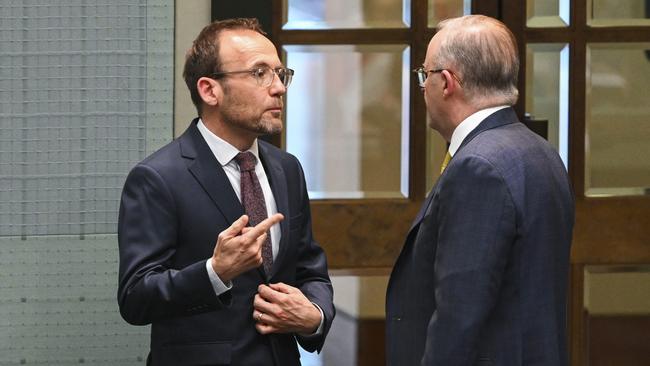
Governments are decided by the number of seats held in the house, not on permutations of 2PP votes. Given Labor’s hopes of trying to win more seats in Western Australia at the next election have fallen, the need to win back seats lost to the Greens last year is becoming even more important.
These resurgent Greens, determined to compete aggressively with Labor, and independents in the Senate vying for influence have put Labor’s main legislative agenda under renewed pressure by combining with the Coalition opposition.
After managing to get its first wave of industrial relations legislation through the Senate after the election, Labor is now facing energised and angry business, resources and industry sectors that see the combination of new and proposed industrial laws, particularly union access, as unacceptable. Employment and Workplace Relations Minister Tony Burke began this week in retreat, offering to carve out small business and defer some measures.
The Business Council of Australia and the Minerals Council of Australia were adamant the changes went too far, with estimates that all the changes including new labour hire rules would add up to $10bn in extra wage costs over a decade.
Even independent senators, in part overwhelmed by the 500 pages of legislation and explanatory notes, rebelled and demanded more time to consider the new laws.
Faced with a standoff, Labor indicated it would accept a slight delay for a Senate inquiry to consider the bill and bring the laws into the Senate in November.
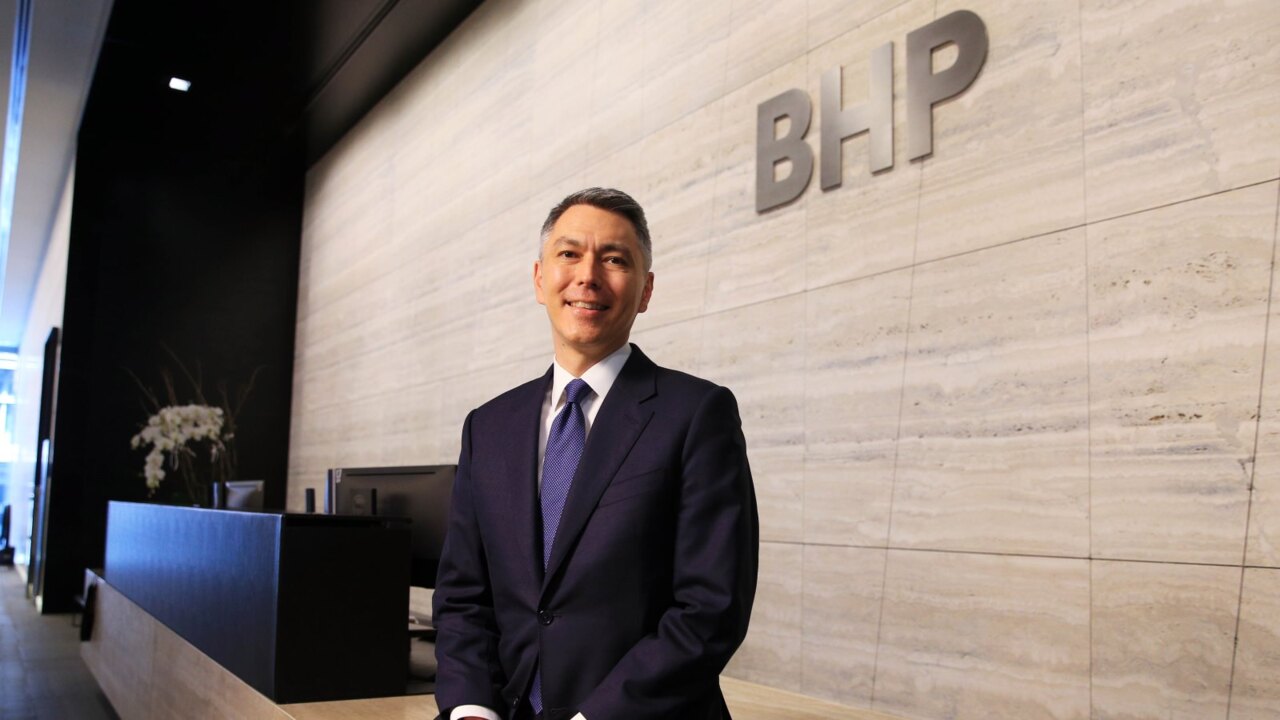
But business wasn’t buying it, and Opposition workplace relations spokeswoman Michaelia Cash joined with the Greens and independents and Labor’s industrial relations laws were sent to a committee that would not report back until February.
On Thursday Cash described the bill’s deferral as “an embarrassing loss in the Senate” for the government.
“There was absolutely no need to rush this process because as (Tony) Burke knows most of the measures in the bill would not be enacted until the middle or even the end of next year,’’ she said.
This was not just a setback on the industrial laws but a sign of a rising threat to Labor’s ability to get its agenda through the Senate as the Greens become less co-operative, the independents become restive and timetable pressure mounts.
Labor is already facing Senate blockages on its $10bn housing construction plan, which has given Albanese a trigger for a double-dissolution election; its proposed new $2.4bn tax on resources; and extra taxes on high-level superannuation savings.
There’s still plenty of time until May 2025 for the last possible election, but the first half of the term has already elapsed.





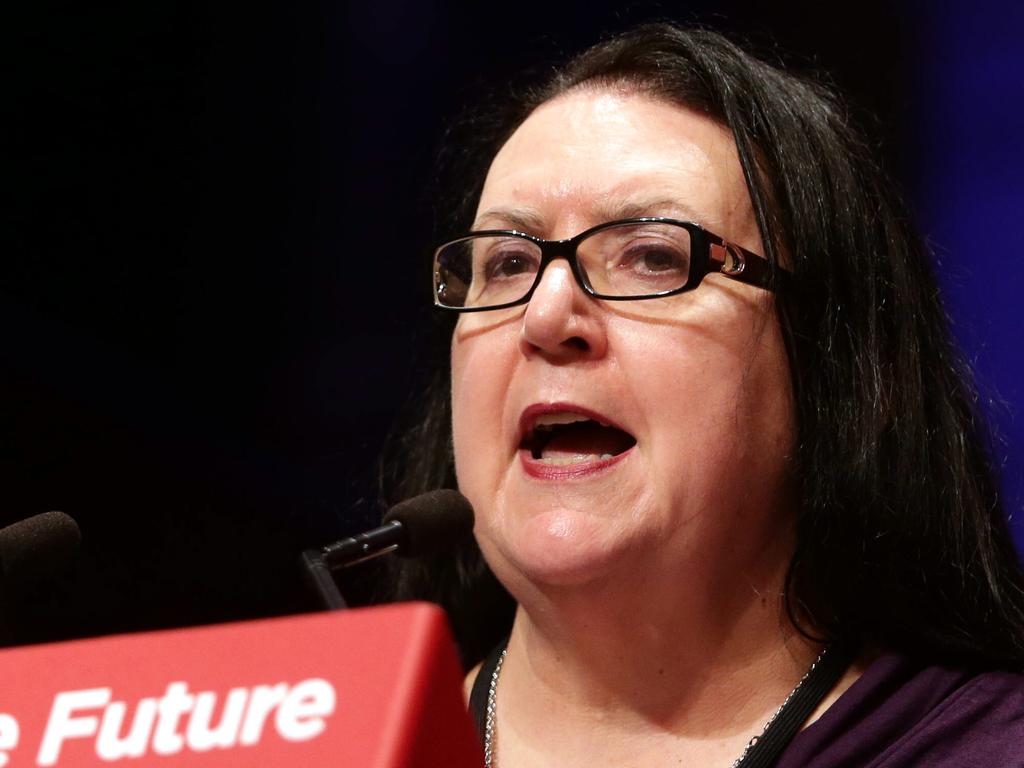


It’s far too early to say the wheels are falling off the Labor government but it is time for someone to get out a spanner to tighten the wheel nuts, and for Anthony Albanese to get his eyes back on the road and his hands more firmly on the steering wheel.